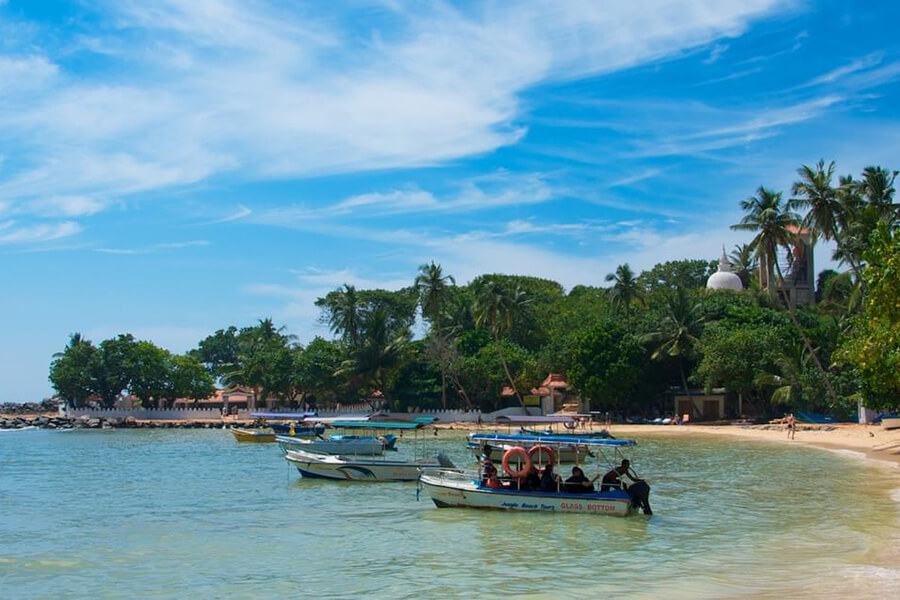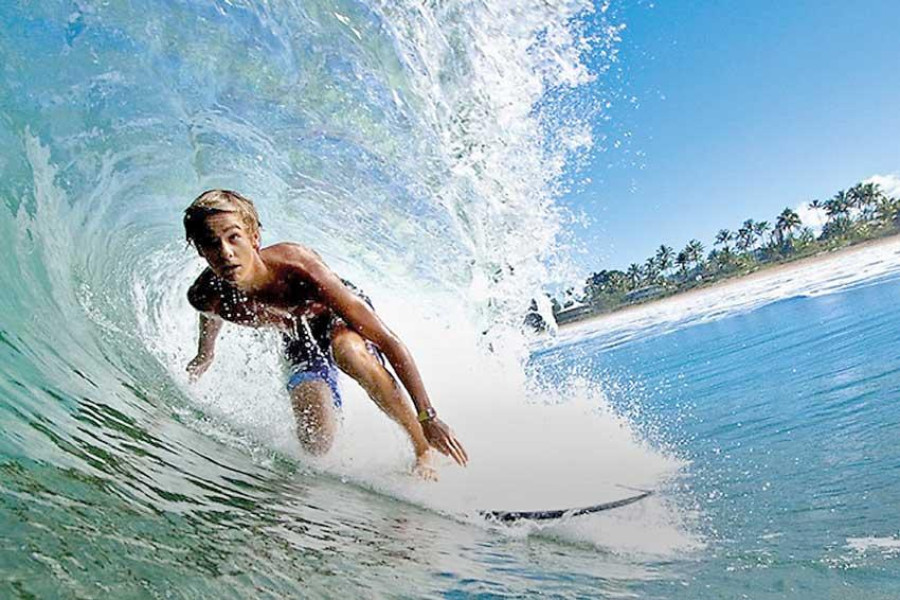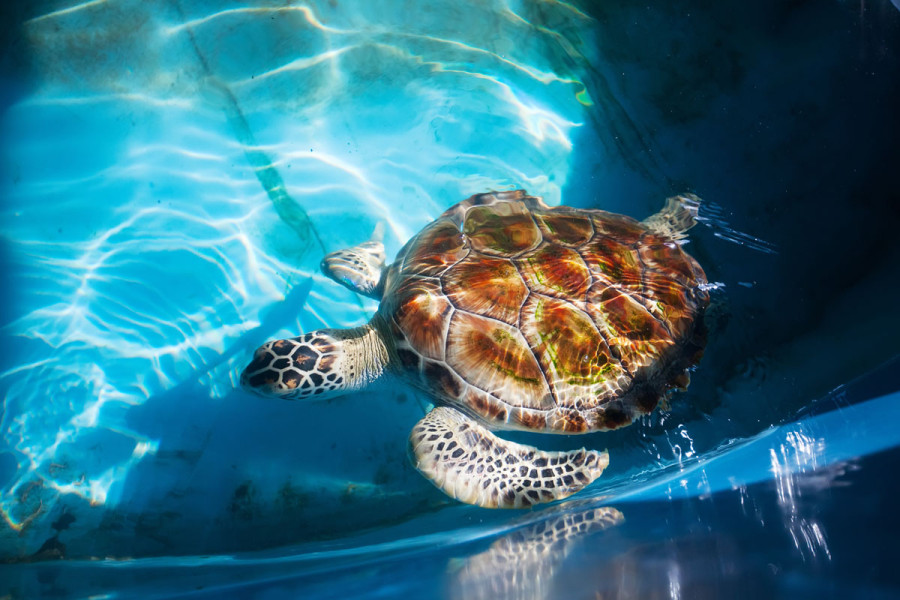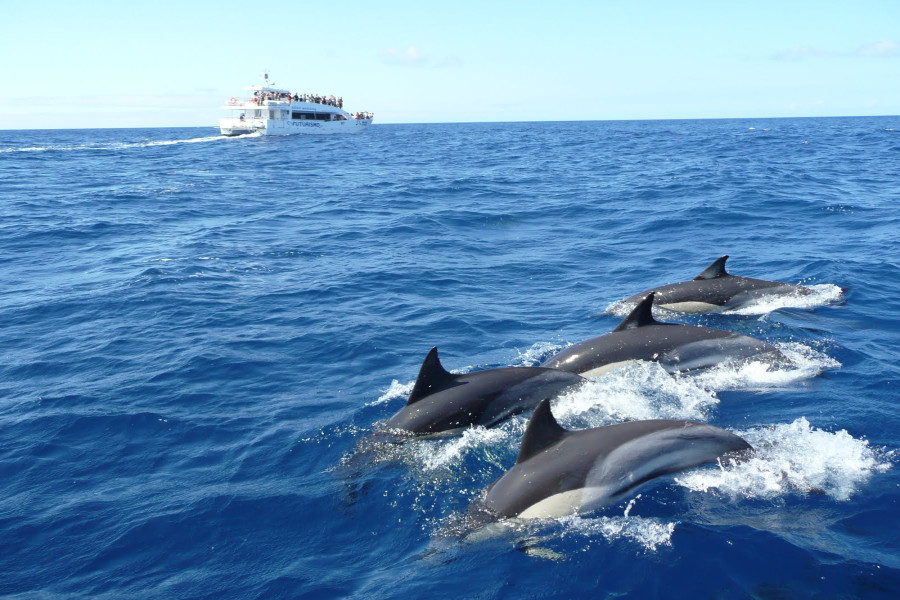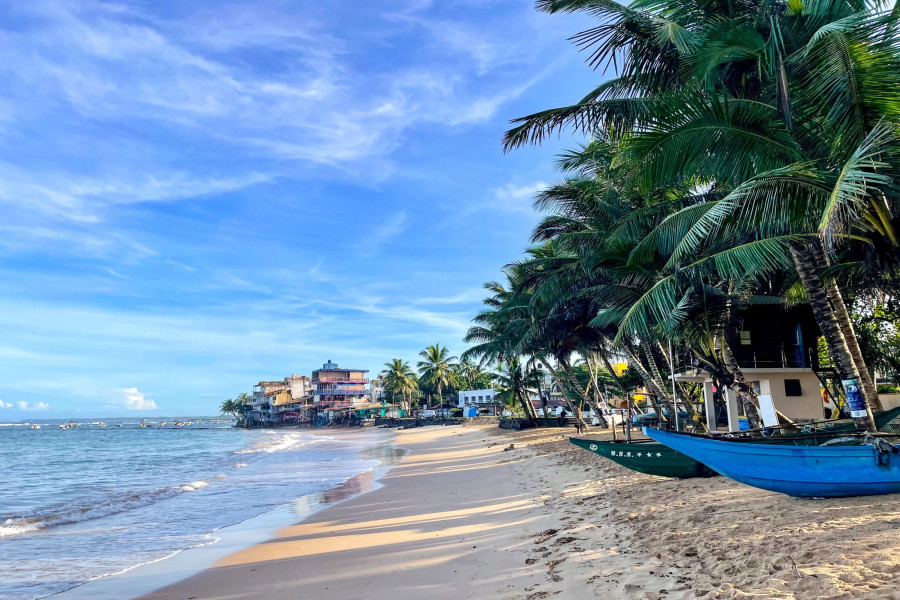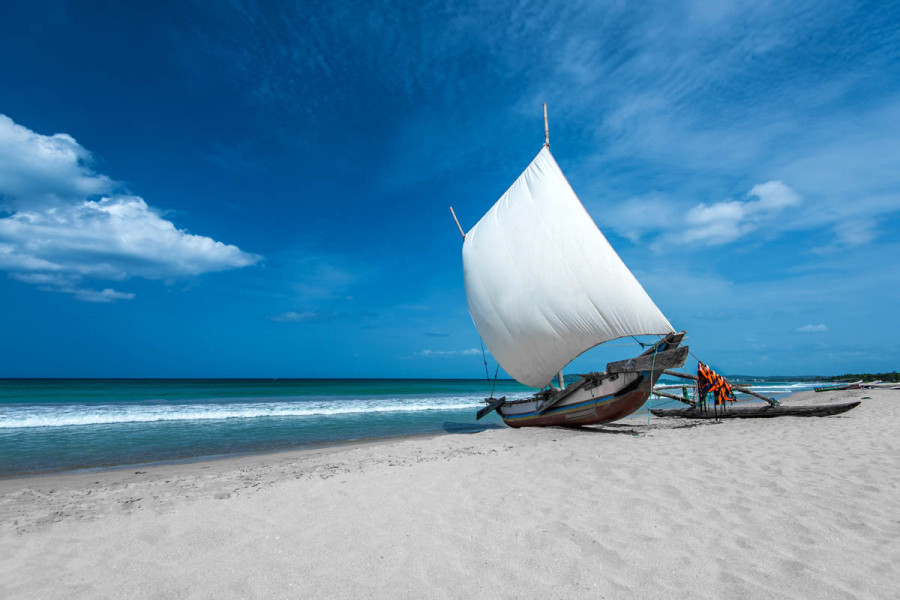Introduction to Jaffna Jaffna, located in the northern part of Sri Lanka, is a culturally rich and historically significant city known for its unique blend of Tamil heritage, vibrant local traditions, and scenic coastal beauty. As the administrative capital of the Northern Province, Jaffna offers visitors a glimpse into the region's distinct cultural identity and historical landmarks. With its bustling markets, ancient temples, and picturesque landscapes, Jaffna provides a unique travel experience in Sri Lanka.
Historical Background Jaffna has a storied history that dates back over a millennium, serving as a significant center of Tamil culture and trade. The city was an important port during the Chola dynasty and continued to be a major cultural and commercial hub throughout the colonial period. Jaffna’s diverse history is reflected in its architecture, religious sites, and cultural practices, making it a fascinating destination for history enthusiasts and cultural explorers.
Key Attractions in Jaffna
Jaffna Fort
- Jaffna Fort, built by the Portuguese in the 17th century and later expanded by the Dutch, is a prominent historical landmark. The fort's robust architecture and strategic location offer a glimpse into the colonial past of Jaffna. Visitors can explore the fort's ramparts, bastions, and remnants of its defensive structures while enjoying panoramic views of the surrounding city and coastline.
Nallur Kandaswamy Temple
- The Nallur Kandaswamy Temple is one of Jaffna’s most revered Hindu temples and a key cultural attraction. Dedicated to Lord Murugan, the temple is known for its intricate architecture, vibrant festivals, and rich religious traditions. The temple’s annual festival, the Nallur Festival, attracts thousands of devotees and visitors, showcasing traditional music, dance, and ceremonial rituals.
Jaffna Public Library
- The Jaffna Public Library is an iconic institution that holds a vast collection of Tamil literature, historical documents, and manuscripts. The library is an important center for research and education, and its architectural design reflects the cultural heritage of the region. The library has been rebuilt following significant damage during the civil conflict and continues to be a symbol of knowledge and resilience.
Keerimalai Hot Springs
- The Keerimalai Hot Springs, located just outside Jaffna, offer a natural and therapeutic experience. The springs are known for their mineral-rich waters and are believed to have healing properties. Visitors can enjoy a relaxing dip in the hot springs while taking in the scenic surroundings and the tranquil atmosphere.
Jaffna Archaeological Museum
- The Jaffna Archaeological Museum showcases a collection of artifacts from the region’s ancient past. The museum's exhibits include pottery, sculptures, and ancient tools, providing insights into Jaffna's historical and cultural development. It is a valuable resource for understanding the region's heritage and archaeological significance.
Dambakolapatuna
- Dambakolapatuna, located near Jaffna, is an ancient port and archaeological site with historical significance in early Buddhist history. The site is believed to have been a key maritime trading hub during ancient times and provides a glimpse into the region’s historical connections with other parts of Asia.
Jaffna Market
- The Jaffna Market is a bustling and vibrant place where visitors can experience local life and shop for fresh produce, spices, textiles, and handicrafts. The market’s lively atmosphere and diverse offerings provide an authentic taste of Jaffna’s daily life and commercial activity.
Cultural and Religious Significance Jaffna is a melting pot of cultural and religious traditions, with its Tamil heritage playing a central role in shaping the city’s identity. The region’s Hindu temples, Buddhist sites, and vibrant festivals reflect the diverse cultural tapestry of Jaffna. The city is known for its traditional music, dance, and cuisine, which continue to thrive and attract visitors.
Exploring Jaffna Jaffna is best explored by walking or cycling, allowing visitors to fully immerse themselves in the local culture and heritage. The city’s attractions are spread across a compact area, making it easy to navigate and discover its hidden gems. Guided tours are available for those interested in learning more about Jaffna’s history and cultural significance.
Accommodation and Dining Jaffna offers a range of accommodation options, from luxury hotels to budget guesthouses. Many of these establishments are located near the city center, providing convenient access to local attractions. The dining scene in Jaffna features a variety of Sri Lankan and Tamil cuisine, including specialties like Jaffna curry, dosas, and seafood dishes.
Best Time to Visit The best time to visit Jaffna is during the dry season, from December to April, when the weather is warm and suitable for outdoor exploration. The city can be visited year-round, but the dry season offers the most comfortable conditions for sightseeing and travel.

